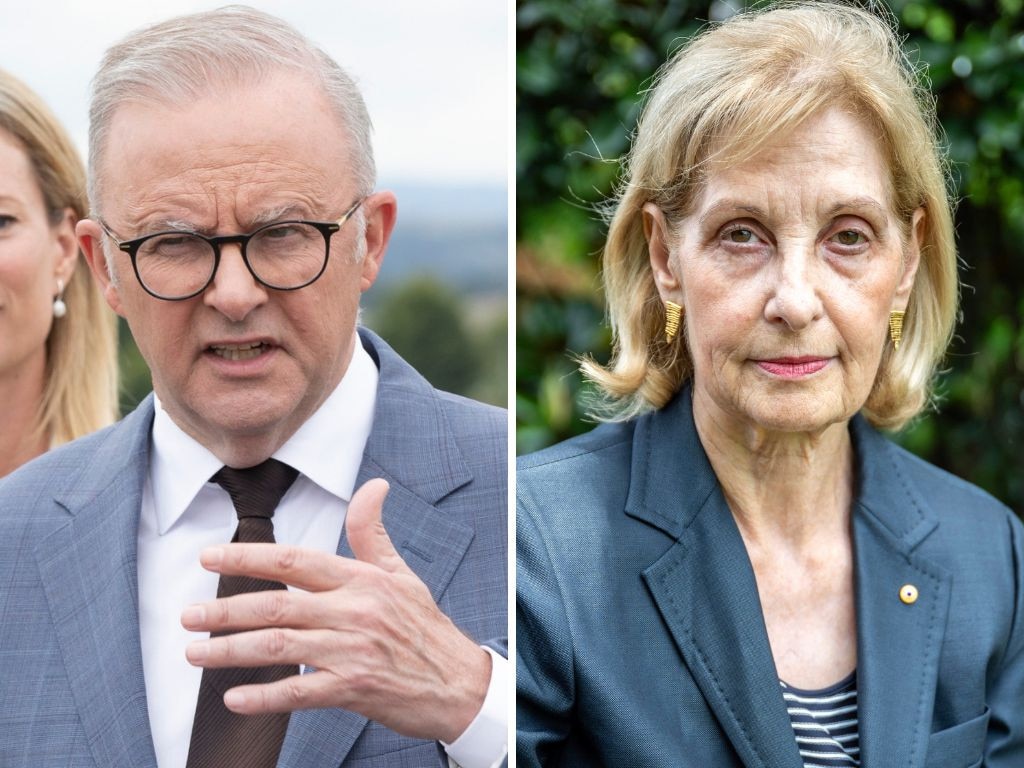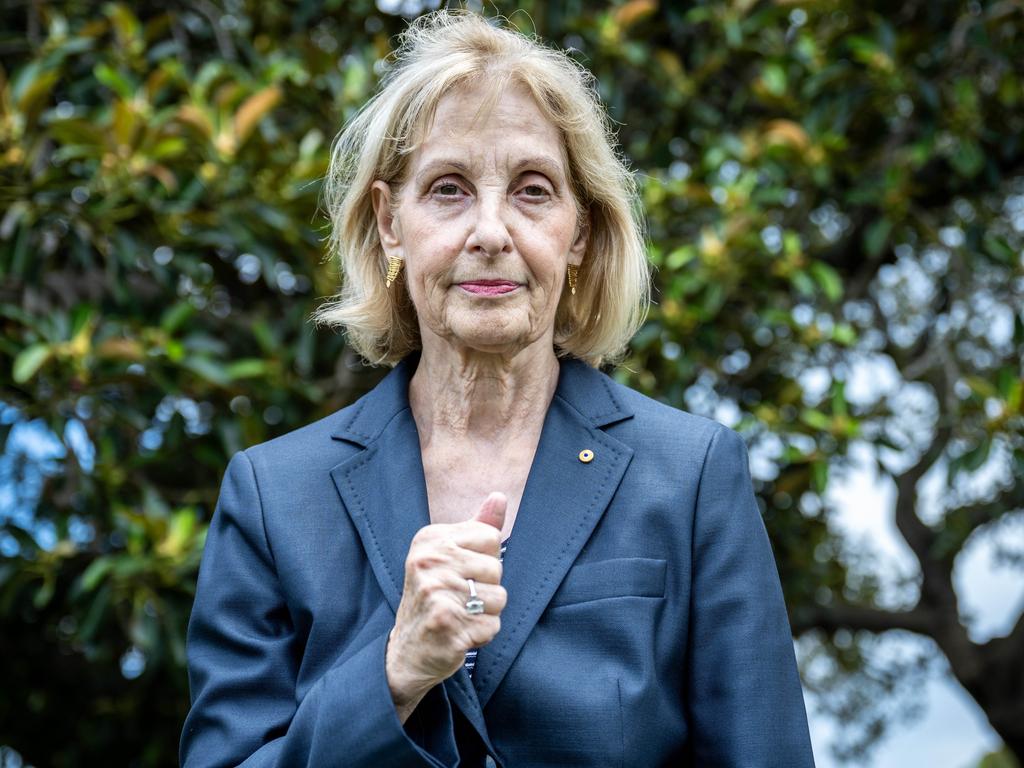
It’s a metaphor used with increasing frequency – although repetition, it turns out, is no guarantee of traction. Because here it is again.
“Throughout history, Jews have been the ‘canary in the coalmine’,” Australia’s special envoy to combat anti-Semitism, Jillian Segal, says in a her report on plans to counter the scourge. “Attacks on Jews often signal broader assaults on society and the gradual breakdown of cohesion.”
Her paper is as concise as it is confronting: having surged over the past 18 months, anti-Semitism in Australia has reached a tipping point that threatens social harmony, undermines trust in institutions and marginalises Jewish Australians. Yesterday’s marginal possibility has become today’s mainstream threat.
Not that long ago, “anti-Semitism in Australia” was a word combination that seemed unthinkable. Jews arrived in Australia with the First Fleet and for a long time lived here mostly happily ever after. Mostly, because virtually every migrant can tell you of the resistance to outsiders they encountered at some point in their new Australian story.
Yes, the world’s oldest hatred lurked to some degree, but hardly. Most importantly, any sparks seemed to have missed the chance to truly flourish. And yet, what we are seeing now, and what Segal details so searingly, is not that unimaginable to some of our fellow countrymen: fearful to be living in a version of Australia where Jewish parents worry about sending children to school and where creatives are doxxed and find themselves ostracised. But not shocked.
Nine years ago, I sat down with 18 elderly Australians. All of them were at least 90, and they had lived the balance of their lives here, gratitude gaining frequent mentions in the hours I sat with each of them. These aged, wise and experienced men and women came from across Europe, and their personalities were as varied as their upbringings. But they were all Holocaust survivors, all but one of them was Jewish, and while they had each endured different versions of hell during World War II, they carried the same message: never again. Their words, it turns out, were both a plea and a warning.
Like many, I had heard that phrase repeatedly and I assumed I understood its weight as I began to record their stories, probing not just their war histories, but how those experiences had shaped their unexpectedly long lives. Never again, they would say, as they detailed, sometimes circumspect at first, the horrors they had experienced, the loved ones who had been murdered, the homes and livelihoods and sometimes entire families, bar themselves, who had been erased.
Never again, they intoned, as their experiences were documented, and their stories published, ensuring they and their loved ones were remembered, at least in this one book, for posterity.
But there was another layer to their words, as Segal’s paper, with its brutal sketch of life for many Jewish Australians today, demonstrates. Never again, these survivors also warned, because a tomorrow that you assume is far off could easily become today. And here we are. Anti-Semitism has become ingrained and normalised within academia and the cultural space. It has become evident within universities, and even at schools. We are, warns Segal, “on a dangerous trajectory where young people raised on a diet of disinformation and misinformation about Jews today risk becoming fully fledged anti-Semites tomorrow”.
The Lucky County. Of beauty rich and rare. For those who’ve come across the seas.
Not just bearers of memories and histories, these survivors are the ultimate canaries in the coalmine. Most of them have died now and, while the future belongs to others, their warnings, like their histories, linger. Where we head next rests not with those who warn about the past, but with all of us who are responsible for tomorrow.
Fiona Harari is the author of We Are Here: Talking with Australia’s oldest Holocaust survivors (Scribe).






